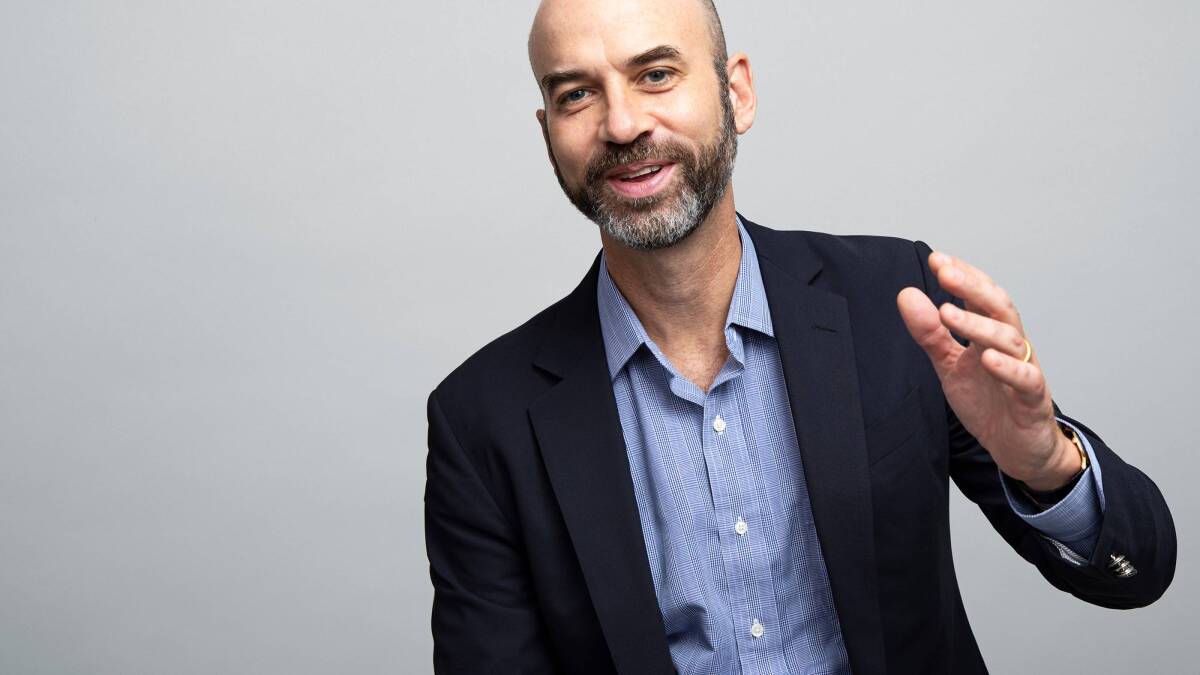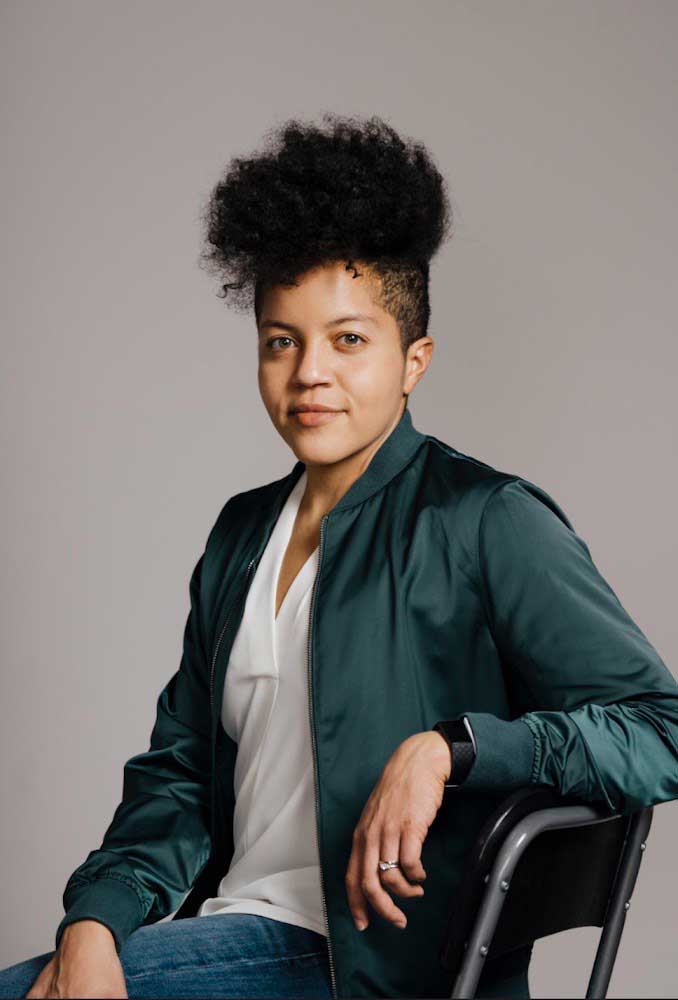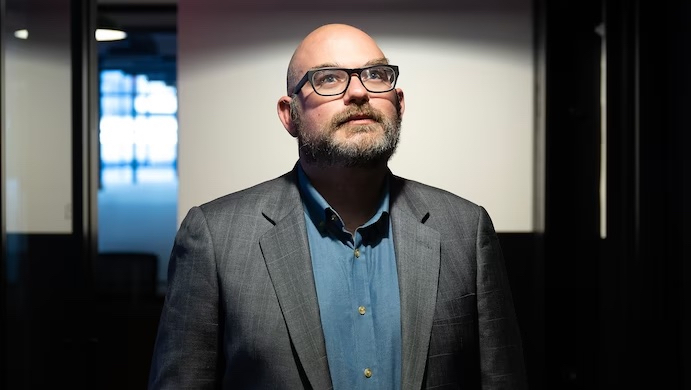 The Unique Challenges of Reporting on the 2024 Election
The Unique Challenges of Reporting on the 2024 Election
6 pm ET
Thursday, Feb. 22
Watch the recorded conversation below.
About the Event
The 2024 election is shaping to be one of the most unusual races in American history – likely coming down to a choice between two candidates above or approaching the age of 80, both of whom have previously served as President of the United States, each with strikingly different visions of the state of American culture and society and where it should head downstream. Both presumptive candidates are deeply unpopular.
One of the candidates, Donald Trump, has consistently sought to cast doubt on electoral outcomes that do not go his way. In the wake of the 2020 election, these claims inspired a riot at the U.S. Capitol building that resulted in him becoming the only president in U.S. history to be impeached twice during his tenure. His alleged efforts to delegitimize and overturn the electoral results have also led to a number of civil and criminal investigations against the former (and perhaps future) president – hearings that are poised to continue throughout the 2024 election cycle.
Meanwhile, Americans are deeply mistrustful of one-another and of most institutions, including academia and the press.
These dynamics create a number of profound and, arguably, unprecedented challenges in reporting on the 2024 U.S. Presidential Election.
On February 22, 2024, the School of Communication at Stony Brook University will convene a prolific panel of editors, journalists and media scholars to explore these challenges and how to overcome them. Some possible questions and topics of conversation include:
|
About the Speakers
James Bennet
 James Bennet began his journalism career as an intern for The News & Observer and
the New Republic before becoming an editor at The Washington Monthly. In 1991, Bennet
joined the New York Times as a reporter at the Metro desk. He went on to serve as
a White House correspondent and as the paper’s Bureau Chief in Detroit and, later,
Jerusalem. In 2006, he left the Times and became Editor-in-Chief at The Atlantic,
where he helped dramatically increase readership and profitability. In 2016, he returned
to The Times to head up the Editorial Page, where he helped produce multiple Pulitzer
Prize winning essays and significantly increased the diversity of perspectives and
reader engagement for the Opinion section. In 2020, Bennet departed The Times. He currently serves as a senior editor at The Economist, and he’s the
first American writer for The Economist’s Lexington column.
James Bennet began his journalism career as an intern for The News & Observer and
the New Republic before becoming an editor at The Washington Monthly. In 1991, Bennet
joined the New York Times as a reporter at the Metro desk. He went on to serve as
a White House correspondent and as the paper’s Bureau Chief in Detroit and, later,
Jerusalem. In 2006, he left the Times and became Editor-in-Chief at The Atlantic,
where he helped dramatically increase readership and profitability. In 2016, he returned
to The Times to head up the Editorial Page, where he helped produce multiple Pulitzer
Prize winning essays and significantly increased the diversity of perspectives and
reader engagement for the Opinion section. In 2020, Bennet departed The Times. He currently serves as a senior editor at The Economist, and he’s the
first American writer for The Economist’s Lexington column.
Jane Coaston
 Jane Coaston began her journalistic career writing for right-aligned college media
outlets, and has since embarked on a fascinating personal and professional journey, helping Americans understand
one-another across political, ideological and cultural divides. Upon graduation, Coaston
worked as a political reporter for MTV News and, later, as a senior political reporter
for Vox Media. She is currently a contributing opinion writer at the New York Times and an incoming fellow at the USC Dornsife Center for the Political Future. She previously served as a resident fellow at University of Chicago’s Institute
of Politics. In addition to transcending many social boundaries, Coaston’s reporting
crosses multiple formats. Alongside her writing, Coaston has hosted a number of influential
and highly original podcasts including The Stakes at MTV News, The Weeds at Vox, and
The Argument at New York Times. Moreover, augmenting her prolific reporting with MTV
News, Vox and The Times, additional work by Coaston has been published by MSNBC, CNN,
ABC News, NPR, The Ringer, Buzzfeed, The Washington Post, ESPN Magazine, National
Review and beyond. She was recently named a new on-air commentator for CNN.
Jane Coaston began her journalistic career writing for right-aligned college media
outlets, and has since embarked on a fascinating personal and professional journey, helping Americans understand
one-another across political, ideological and cultural divides. Upon graduation, Coaston
worked as a political reporter for MTV News and, later, as a senior political reporter
for Vox Media. She is currently a contributing opinion writer at the New York Times and an incoming fellow at the USC Dornsife Center for the Political Future. She previously served as a resident fellow at University of Chicago’s Institute
of Politics. In addition to transcending many social boundaries, Coaston’s reporting
crosses multiple formats. Alongside her writing, Coaston has hosted a number of influential
and highly original podcasts including The Stakes at MTV News, The Weeds at Vox, and
The Argument at New York Times. Moreover, augmenting her prolific reporting with MTV
News, Vox and The Times, additional work by Coaston has been published by MSNBC, CNN,
ABC News, NPR, The Ringer, Buzzfeed, The Washington Post, ESPN Magazine, National
Review and beyond. She was recently named a new on-air commentator for CNN.
Matthew Yglesias
 Matthew Yglesias was a pioneer in blogging during the early 2000’s. He went on to serve as a fellow at The American
Prospect and then a staff writer at The Atlantic, ThinkProgress and, later, Slate.
In 2014, Yglesias, Ezra Klein and Melissa Bell co-founded Vox Media. It’s flagship publication, Vox, distinguished itself by producing “explainers” that
helped non-specialists understand complex issues in a concise, compelling and accessible
manner. In 2015, Yglesias interviewed then-president Barack Obama. He is reportedly one of the 5 most followed political writers among Biden Administration officials as well. In 2020, Yglesias
departed from Vox and launched a new blog on Substack, Slow Boring. In spite of adverse trends in journalism writ large, Yglesias’ new venture has amassed
more than 120,000 subscribers to date, generates more than $1 million of revenue per
year, and employs a growing staff. Yglesias is also the author of multiple books,
most recently One Billion Americans: The Case for Thinking Bigger(Portfolio, 2020).
Matthew Yglesias was a pioneer in blogging during the early 2000’s. He went on to serve as a fellow at The American
Prospect and then a staff writer at The Atlantic, ThinkProgress and, later, Slate.
In 2014, Yglesias, Ezra Klein and Melissa Bell co-founded Vox Media. It’s flagship publication, Vox, distinguished itself by producing “explainers” that
helped non-specialists understand complex issues in a concise, compelling and accessible
manner. In 2015, Yglesias interviewed then-president Barack Obama. He is reportedly one of the 5 most followed political writers among Biden Administration officials as well. In 2020, Yglesias
departed from Vox and launched a new blog on Substack, Slow Boring. In spite of adverse trends in journalism writ large, Yglesias’ new venture has amassed
more than 120,000 subscribers to date, generates more than $1 million of revenue per
year, and employs a growing staff. Yglesias is also the author of multiple books,
most recently One Billion Americans: The Case for Thinking Bigger(Portfolio, 2020).
